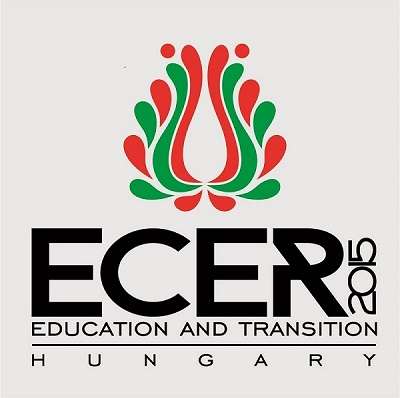The Role of Learning in Political Change: The Case of the Transition in Hungary and Eastern Europe
Wednesday, 09 September, 14:00 - 15:00
Location: XI. Andorka Rudolf Előadóterem [C]
Comparatists used to point out the key role of education and educational policy in the social transformation (e.g. Inglehart 1997, Bray 2003, Arnove et al 2013), referring to ‘education’ as formalised and institutionalised learning. Analysing the role of learning in the political change, ‘learning’ will be used in a wider meaning. It will mean all forms of learning from formal to non-formal and informal processes in the society. Learning’ in its wider sense consists of four steps. (1) A socio-economic challenge that hits the society; (2) the social and political processes which are initiated by the challenge; (3) the quest for new information and knowledge necessary for meeting the challenge; (4) the lesson to learn from the problem solving process.
This model of ‘learning’ can be tested in the political transition of Hungary and Eastern Europe in the course of the 1989/90 political change. Studying the change in Hungary (first phase: 1988-1994, Kozma, Polonyi 2004), the four steps of the suggested model can easily be identified. (1) The fall of the Soviet empire challenged her satellite regimes in Eastern Europe, including Hungary. Symbolic events of the challenge were the fall of the Berlin wall (November 1989) and the cut of the ‘Iron Curtain’ at the Hungarian-Austrian border somewhat earlier (August 1989). (2) The process initiated by this challenge was collectively called as the ‘return to Europe’. (3) The knowledge and information, necessary for this ‘return to Europe’ came from three main sources: (a) the experiences of the ‘reform communists’; (b) the ideas of the ‘democratic opposition’ of the former (socialist) regime; and c) the convictions and remembrances of the conservatives. (4) According to the narratives today, the transition were led by the knowledge, information (and ideas) of the ‘democratic opposition’ a special mixture of the Western liberal and Eastern socialistic traditions (‘third way’). It led to the abolition of the central controls of schools, the growing authority of the local governments in educational policy, the autonomy of institutions in school and higher education, the private provisions of education and the like.
This analysis sheds light of the key role of ‘learning’ in the political change; how it forms the dominant philosophies and policies of education. It also shows the role of changing ideas and building up collective knowledge for meeting the present challenges of the education and educational policies in Europe.
Key words: comparative education, Eastern Europe, educational policy, societal learning
References
Arnove, R. F et al eds 2013, Comparative Education.
Bray, M (ed.) (2003): Comparative Education: Continuing Traditions, New Challenges, and New Paradigms. Special double issue of International Review of Education, Vol.49, Nos. 1 & 2. Inglehart, R 1997, Modernization and Postmodernization. Princeton: Princeton University Press
Kozma, T, T Polonyi 2004 “Understanding education in Europe-East: Frames of interpretation and comparison.” International Journal of Educational Development 24, 5: 467-77.
About Tamáz Kozma
Tamás Kozma is Professor Emeritus at the University of Debrecen, Hungary and one of the founding members of EERA (1992). As a university professor, he established CHERD (Center for Higher Education Research and Development, 2006) as well as founded the first PhD programme in education and cultural studies in Debrecen. His research interest concerns comparative studies of school and higher education in Central Europe. He carried out extensive regional analysis of social processes and educational change following the political transition. He was also deeply involved in the implementation and assessment of the Bologna process in the central European region. Currently he is involved in the project „Learning communities and social change and the evaluation of learning regions research” (LeaRn).
Recent publications:
The Bologna Process in Central and Eastern Europe: A Comparative View. In: Kozma T et al eds 2014 The Bologna Process in Central and Eastern Europe. Wiesbaden (Germany): Springer
Higher Education in the Romania-Hungary Cross-Border Cooperation Area. 2012 (2013) (ed) Oradea: Partium Press. Co-Editor: Bernáth, Krisztina
ECER 2015

